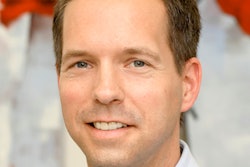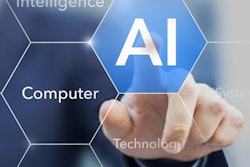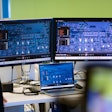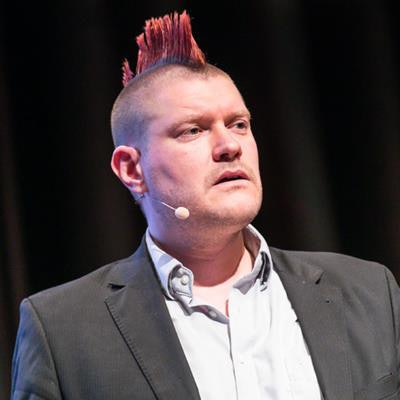
Radiologists can play a pivotal role in the transition to a fully digital healthcare system, but they must move with the times if they're going to benefit significantly from the use of artificial intelligence (AI), says German technology guru and blogger Sascha Lobo.
In a question-and-answer interview posted online on 23 July by the German Röntgen Society (DRG), he outlined his own vision for digital radiology.
Radiology 4.0 is a popular term these days; according to Lobo, terms like "4.0" are not specific or strictly defined, cover a raft of future developments, and can be meaningful for general discussion of a technology. Radiology 4.0, which involves making better diagnoses with the data available by using AI, can actually translate into "the radiology of the future," he explained.
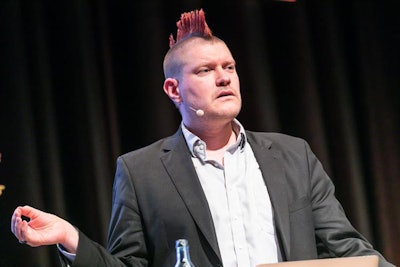 German technology guru and blogger Sascha Lobo.
German technology guru and blogger Sascha Lobo.Lobo is a critic of the progress on digitalization in Germany. He claims the country lags behind other countries, and its politicians lack awareness of digital change. The DRG interviewee asked if he thought the same comments applied to the health sector and the German healthcare industry, and his answer was a resounding yes.
"The classic problem is that the healthcare system in Germany has been functioning at an extremely high level for many decades, which conflicts with a certain form of progress ... because it makes it much easier to say, 'It works this way! We're pretty awesome.' And this is particularly a problem in radiology, the world over," Lobo noted.
He recommended that radiologists worldwide position themselves as drivers of the digital transformation -- for one simple reason above all: The disruption of the healthcare system is fast approaching and radiologists are among those who will be affected first.
"Radiologists have to think of and understand themselves as digital avant-garde," stated Lobo, adding that he is certain radiology will survive.
He also thinks a new radiological field is opening up -- one that would be an important field of activity for the foreseeable future -- in terms of "explainable AI." This will change the role of the radiologist to one who explains, communicates, and, where necessary, helps patients understand certain forms of data and data links.
Data mining
Lobo pointed out that as important as privacy is, with data security remaining for the most part in the hands of radiologists, the issue of availability is just as important -- namely, ensuring that data can still be read in 20 years' time.
"Imagine the new, hip startup goes bankrupt but has previously developed its own format that you can no longer read immediately. Such things have already happened in dentistry, for example," he said. "My plea, therefore, would be that a radiological professional society works to build up its own digital infrastructure, which is considered superordinate, so that there is no small-scale data mining."
AI attitudes and the future
There is no alternative to AI, according to Lobo, but he senses a rift in radiology between those perhaps approaching the last 10 years of their careers, who believe they can get by without AI, and those who see its adoption as a pressing need. This rift, which leads to real difficulties -- for example, with regard to continuing education -- is one that has to be discussed and eventually resolved. The radiological community must debate this matter in more depth, he stated.
It will only be possible to entrust machines with patients' health if radiologists have a deep understanding of these machines, he told the DRG. Therefore, it falls within the future radiologist's remit to develop in-depth knowledge of how machines arrive at their statements, evaluations, and outcomes. Trust always requires understanding, he noted, adding that he was optimistic this prerequisite knowledge would be gained.
The future for radiology lies in a machine landscape that is so intelligent that the radiologist's task will be to explain, interpret, classify, and communicate between machines and patients or other lay people. The radiologist's job description, therefore, will continue to develop quite intensively, with a focus on a deep understanding of the technology itself and empathic, explanatory skills, Lobo continued.
However, because some radiological work can be replaced by AI, those who see their professional focus in only those areas may feel under attack.
Lobo even ventured that male radiologists may find the transition harder than female colleagues.
"In an academic world that, in my understanding, is very patriarchal, those who believe they are at the forefront of digital understanding are particularly vulnerable to perceiving this machine competition as a threat," he said.
You can read the original German interview on the DRG website.





